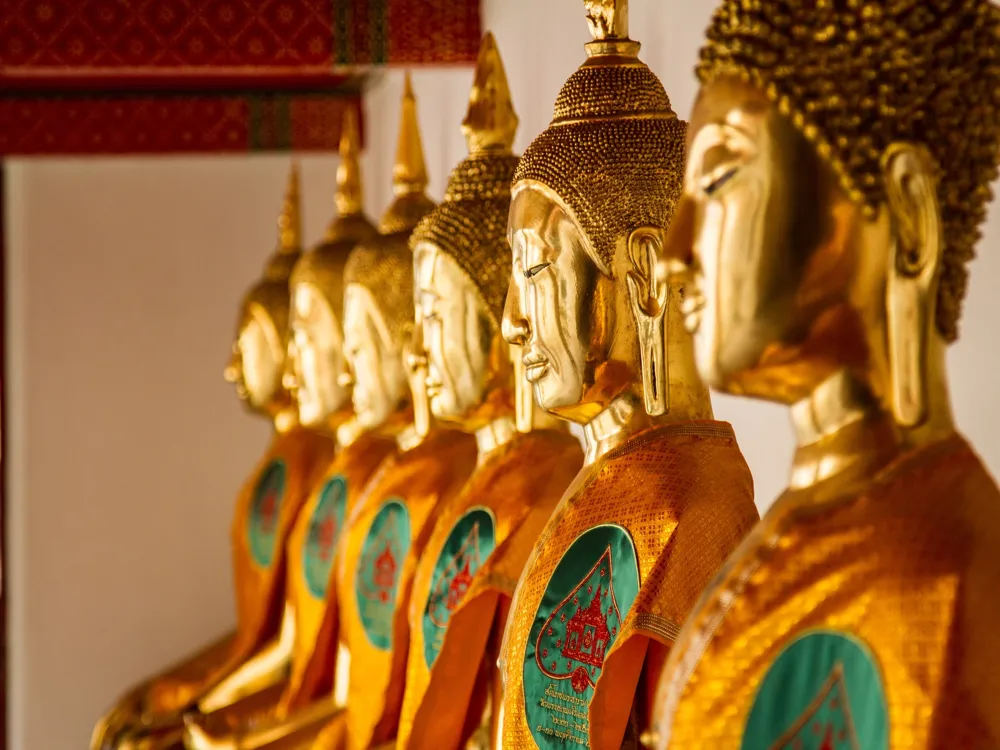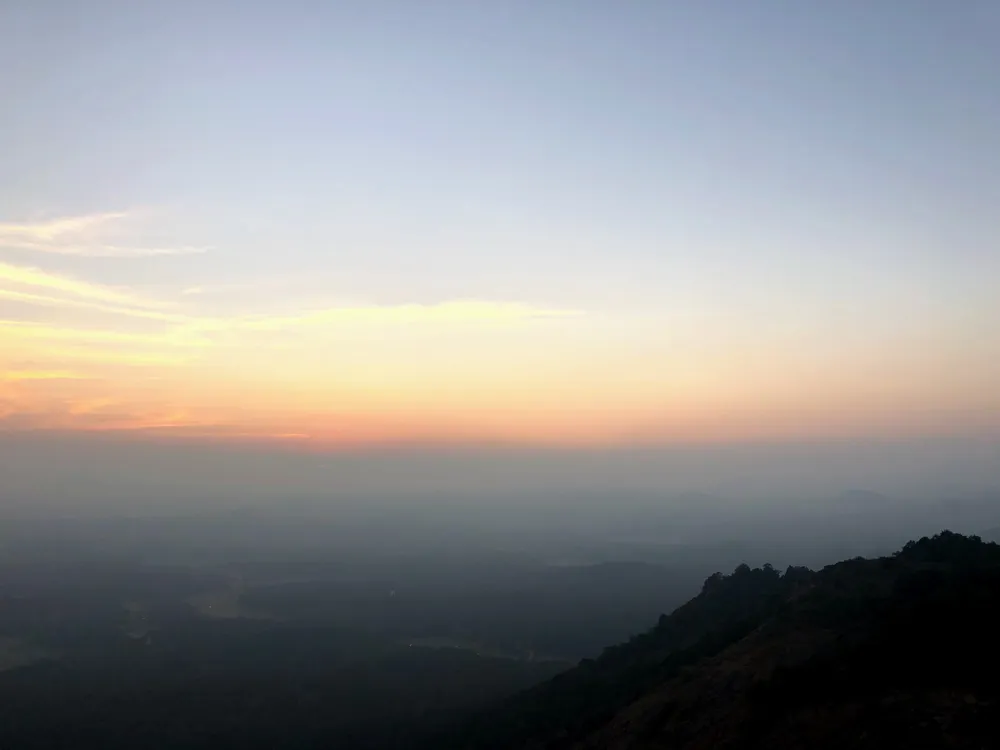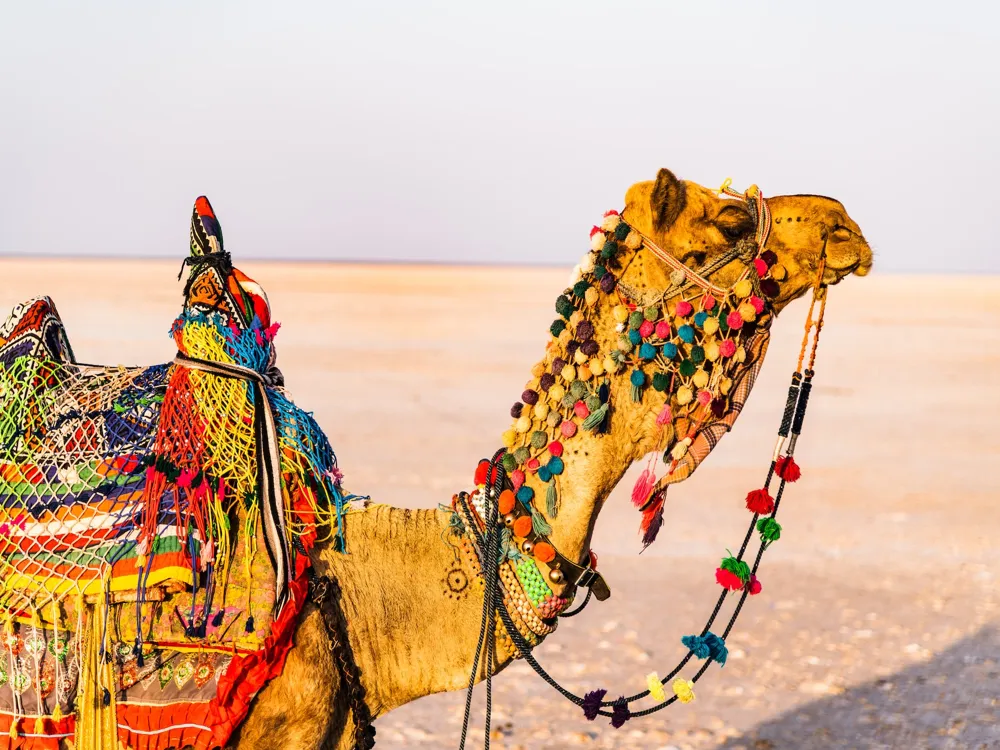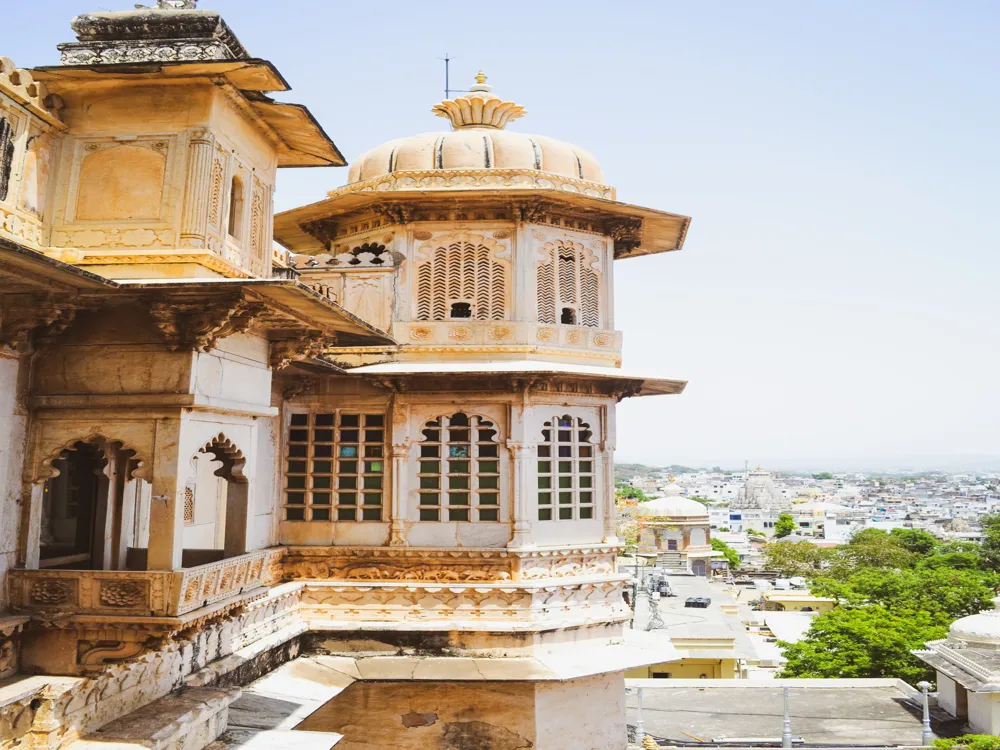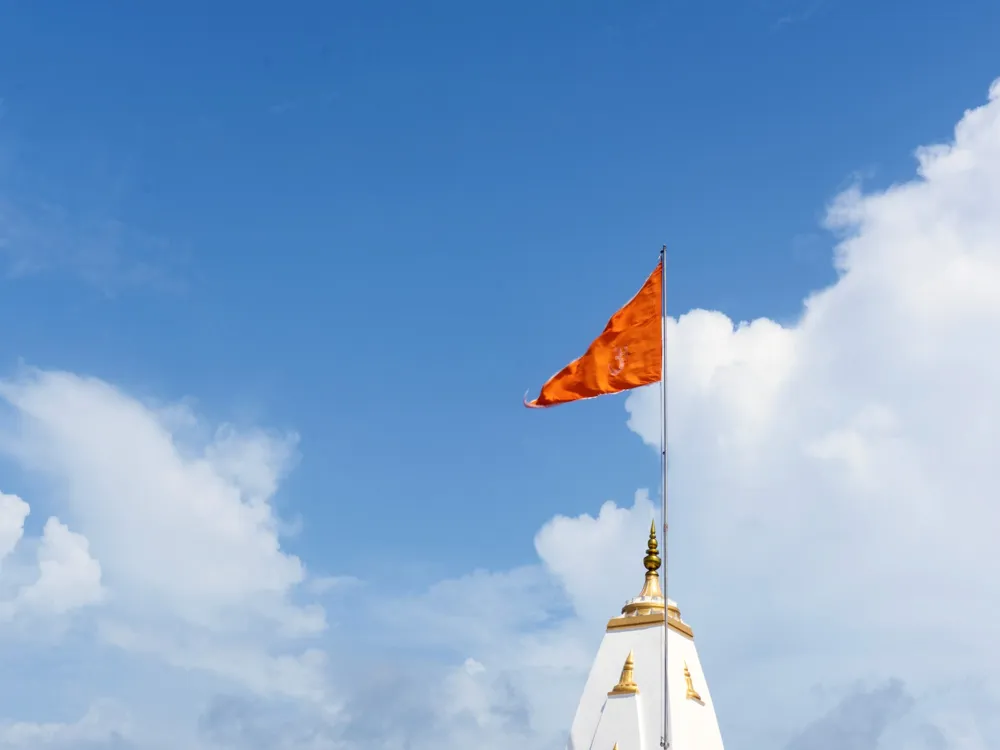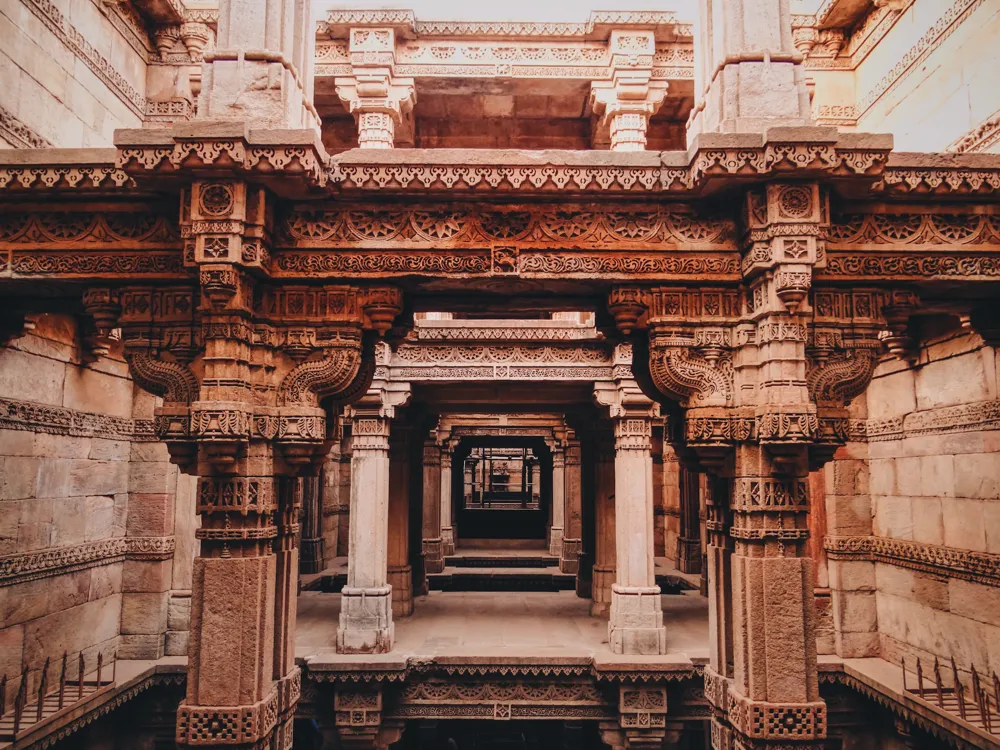The Edicts of Ashoka in Junagadh, Gujarat, is a remarkable testament to the ancient history and cultural heritage of India. These edicts, inscribed on large rocks and pillars, were commissioned by the Mauryan emperor Ashoka during the 3rd century BCE. They provide invaluable insights into the life, philosophy, and governance of one of India's most influential rulers. Ashoka, after a transformative experience following the Kalinga War, embraced Buddhism and propagated its moral and ethical teachings through these edicts. The edicts in Junagadh are particularly significant due to their location and the content inscribed on them. These inscriptions are found on the Girnar hills, which have been a significant site since ancient times, owing to their religious and strategic importance. The edicts are written in Brahmi script and comprise various messages that emphasize non-violence, tolerance, and respect for all life forms. They reflect Ashoka's deep commitment to the principles of Dharma (righteousness) and his efforts to create a welfare state. The content of these edicts is diverse, ranging from administrative orders to moral exhortations. One of the most significant edicts at Junagadh speaks about the prohibition of animal slaughter and measures for animal welfare, highlighting Ashoka's compassionate approach to governance. The edicts also reveal the extent of Ashoka's empire, which stretched across the Indian subcontinent, making him one of the most powerful rulers of ancient India. The architectural significance of the Edicts of Ashoka in Junagadh is as compelling as their historical and cultural value. These edicts are etched onto large boulders and rock faces, demonstrating a remarkable interplay between nature and human craftsmanship. The choice of such a medium for conveying important messages indicates a profound understanding of permanence and visibility. The inscriptions are found on the Girnar hill, which is itself a site of architectural marvel. The hill is adorned with Jain temples, Hindu temples, and Buddhist monuments, showcasing a confluence of various religious and architectural styles. The edicts are strategically placed at spots where they are easily visible to pilgrims and visitors, indicating a keen sense of placement and audience engagement. The technique used in carving these edicts is also noteworthy. The inscriptions are deep and clear, withstanding the test of time and weather. The Brahmi script, which was used for these inscriptions, is beautifully and meticulously carved, reflecting the advanced skills of the artisans of that era. The script is legible even today, making it a valuable resource for historians and linguists. The ideal time to visit the Edicts of Ashoka in Junagadh is between October and March. During these months, the weather is pleasant, making it comfortable for tourists to explore the site. Junagadh is well-connected by road and rail. Visitors can take a bus or train to Junagadh city and then hire local transportation to reach the Girnar hills, where the edicts are located. There are various accommodation options in Junagadh, ranging from budget stays to luxury hotels. Booking in advance is recommended, especially during peak tourist seasons. Visitors are encouraged to respect the sanctity of the site. Avoid touching the inscriptions and maintain the cleanliness of the area. Opting for a guided tour can enhance the experience as guides provide detailed historical and cultural context to the edicts and the surrounding area. Reaching the Edicts of Ashoka in Junagadh is fairly straightforward. Junagadh is accessible by various modes of transport. The nearest airport is the Rajkot Airport, which is approximately 102 kilometers away. From Rajkot, visitors can hire a taxi or take a bus to Junagadh. For those preferring train travel, Junagadh has its railway station which is well connected to major cities in Gujarat and other parts of India. Once in Junagadh, local transport such as taxis, auto-rickshaws, and buses are available to reach the Girnar hills. Additionally, for adventure enthusiasts, trekking to the Girnar hills is a popular option. The trek provides an opportunity to experience the natural beauty of the region and to explore other historical and religious sites along the way. Read More: Overview of the Edicts of Ashoka in Junagadh, Gujarat
Architecture of the Edicts of Ashoka
Tips When Visiting the Edicts of Ashoka
Best Time to Visit
Transportation and Accessibility
Accommodation Options
Respect the Site
Guided Tours
How To Reach the Edicts of Ashoka
Edicts of Ashoka
Junagadh
Gujarat
NaN onwards
View junagadh Packages
Weather :
Label : Must Visit
Tags : Monument
Timings : 9:00 AM - 1:00 PM, 2:00 PM - 6:00 PM
Time Required : 1-2 hrs
Entry Fee : Indian Tourists: INR 5,
Foreign Tourists: INR 100
Planning a Trip? Ask Your Question
Junagadh Travel Packages
View All Packages For Junagadh
Top Hotel Collections for Junagadh

Private Pool

Luxury Hotels

5-Star Hotels

Pet Friendly
Top Hotels Near Junagadh
Other Top Ranking Places In Junagadh
View All Places To Visit In junagadh
View junagadh Packages
Weather :
Label : Must Visit
Tags : Monument
Timings : 9:00 AM - 1:00 PM, 2:00 PM - 6:00 PM
Time Required : 1-2 hrs
Entry Fee : Indian Tourists: INR 5,
Foreign Tourists: INR 100
Planning a Trip? Ask Your Question
Junagadh Travel Packages
View All Packages For Junagadh
Top Hotel Collections for Junagadh

Private Pool

Luxury Hotels

5-Star Hotels

Pet Friendly








